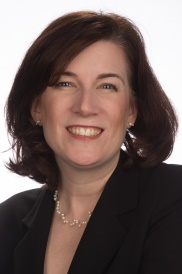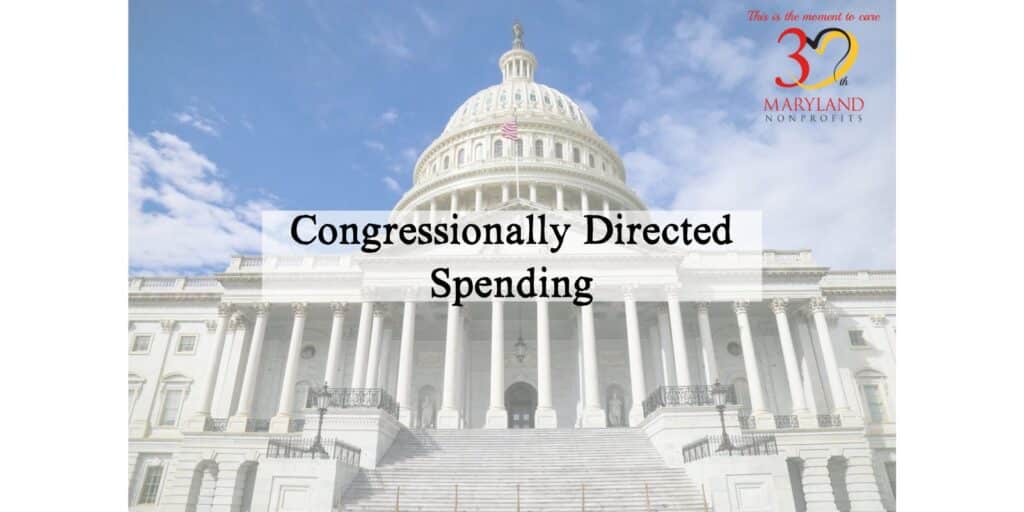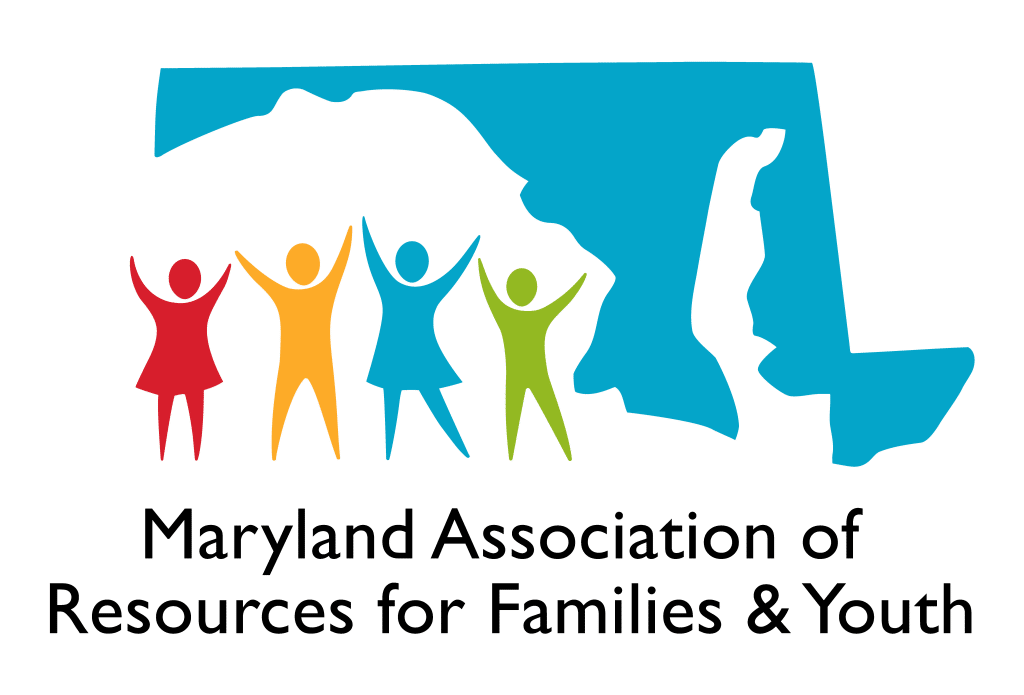Last night I sat on my couch with my laptop considering my year-end charitable giving. Where to give this year? Should I stick with those I gave to last year or give to organizations I haven’t supported in the past? Can I make all of my gifts online? Or will I have to find my checkbook and stamps? Apparently, I am not alone. According to research from the NP Source, 30% of nonprofit giving occurs in the last month of the year. Wow! That is a bit breathtaking!
I was talking with a friend earlier this week who was lamenting the fact while she is considering gifts to nonprofits that are new to her, she was really frustrated that so many groups did not have basic information on their website. She said that although organizations usually do a great job describing their programs, information about the leadership staff and board members and the organization’s basic finances is often missing. When such basic information is missing, she questions the organization’s lack of transparency and whether the organization is even real!
Since launching in 1998, the Standards for Excellence: An Ethics and Accountability Code for the Nonprofit Sector has encouraged nonprofits to publish and make an annual report available to the public. The code states “Information about the organization’s mission, program activities, finances, board members, and staff should be easily accessible, accurate, and timely (i.e., updated at least annually).” Certainly placing an annual report or annual report data on an organization’s website is not only a best practice in nonprofit management but an expectation in the eyes of many.
In this season of year-end giving (and all year!), it is imperative that nonprofits ensure that the giving process is as seamless as possible for donors and the public. As part of this, nonprofits should:
- take the time to ensure that their online giving portals are working well,
- ensure that gifts are followed up with receipts and acknowledgements with appropriate disclosure language that will allow their donors to take tax deductions as allowed and appropriate,
- make sure that solicitations are accurate, truthful and do not place undue pressure on donors, and
- make information about the organization’s mission, program activities, finances, board members, and staff available and easy to access
More information is available in the Standards for Excellence educational packet on educating and engaging the public, which includes information on annual reports, as well as other methods for communicating with the public.
Se puede acceder a este paquete de recursos educativos y a la serie completa de todos los paquetes - que incluyen ejemplos de políticas, herramientas y procedimientos modelo para ayudar a las organizaciones sin ánimo de lucro a lograr las mejores prácticas en su gobierno y gestión - poniéndose en contacto con un socio de replicación autorizado de los Estándares para la Excelencia, con uno de los más de 150 consultores autorizados de los Estándares para la Excelencia o haciéndose miembro del Instituto de los Estándares para la Excelencia.

Amy Coates Madsen es la Directora de Programas para las organizaciones sin ánimo de lucro de Maryland y la Directora del Instituto de Normas para la Excelencia, una iniciativa nacional para promover los más altos estándares de ética y responsabilidad en la gobernanza, gestión y operaciones de las organizaciones sin ánimo de lucro, y para facilitar la adhesión a las normas por parte de todas las organizaciones. El Standards for Excellence Institute es un programa de la Maryland Association of Nonprofit Organizations (Asociación de organizaciones sin ánimo de lucro de Maryland), donde Amy ha trabajado durante más de veinticuatro años. Amy es responsable de coordinar todos los aspectos del programa integral de ética y responsabilidad de la asociación y de los esfuerzos para replicar el programa a nivel nacional. Es formadora y escritora habitual en las áreas de conducta del consejo, evaluación de programas, reproducción de programas, ética en la recaudación de fondos y gestión de organizaciones sin ánimo de lucro. Ha impartido cursos sobre ética y responsabilidad de las organizaciones sin ánimo de lucro en el Programa de Certificación en Gestión de Organizaciones Sin Ánimo de Lucro del Instituto Johns Hopkins de Estudios Políticos.





